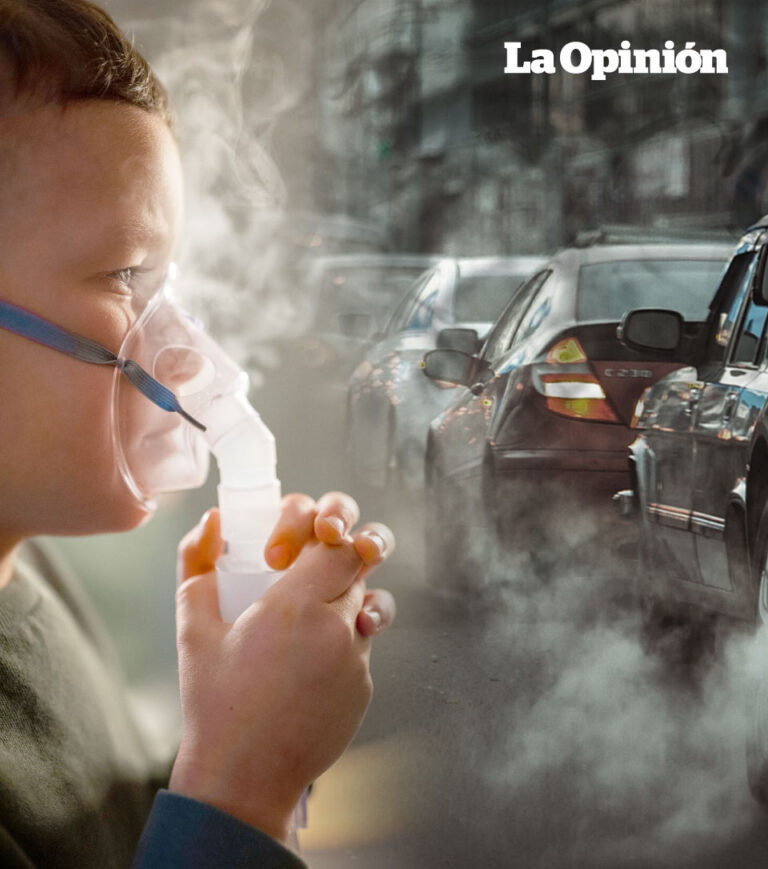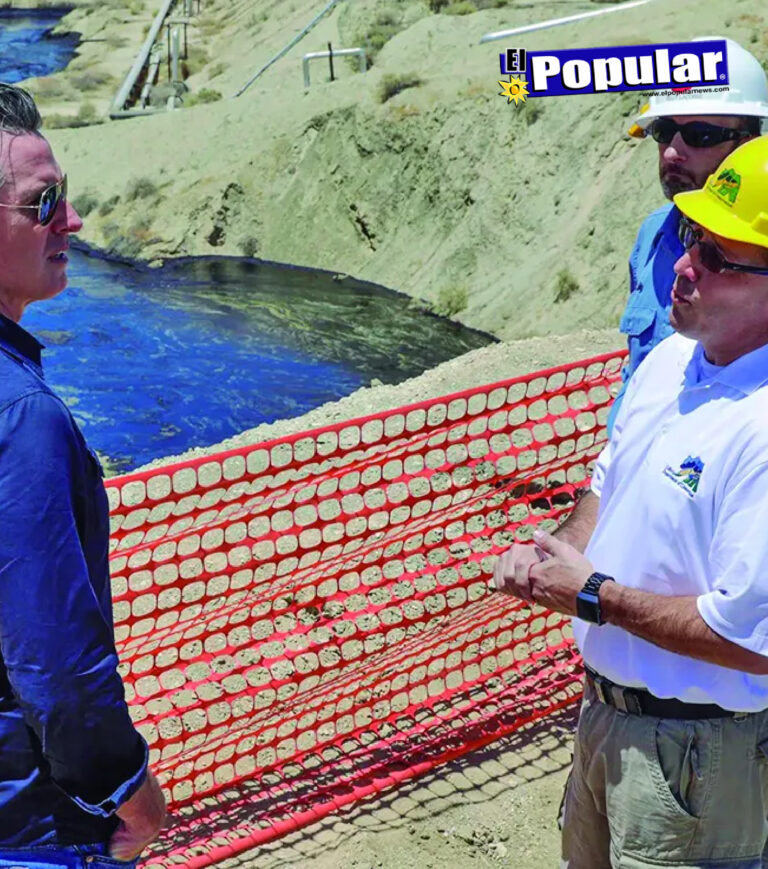To draw public attention to their aggressive push for community environmental protection laws, a coalition of legislators, community organizations, and media gathered last week at the Capitol in Sacramento.
Step by step, but persistently, a group of activists, community organizations, media, and state legislators is making progress in a still unequal fight. They are striving to make companies that extract oil and natural gas from California’s soil pay for the damage they have caused to the state’s population, especially to low-income people—disproportionately represented by Latinos and African Americans—resulting in serious health problems.
As I mentioned in a previous column dedicated to this issue, the group is making progress in creating positive public opinion, gaining better disposition from the state executive, and growing in organization and tactics.
This week, five important environmental laws were debated and voted on in the Appropriations Committee of the California State Assembly. These five are part of a group promoted by this coalition, in the renewed effort to make companies that pollute the air and soil where the state’s most vulnerable population lives pay for the damage they have caused for years.
To draw public attention to their push for community environmental protection laws, a coalition of legislators, community organizations, and media gathered last week at the Capitol in Sacramento.
According to a press release, the coalition is promoting a set of bills that will require oil companies to clean up dangerous idle wells or pay for their cleanup.
The organizers stated in a press release that they are promoting “a set of bills that will require oil companies to clean up dangerous idle wells, AB 1866 (Hart), hold fossil fuel companies accountable for harming public health, AB 3155 (Friedman), AB 2716 (Bryan), affirm the rights of local governments to protect communities from oil and gas drilling, AB 3233 (Addis), require state pension funds to divest from fossil fuels, SB 252 (González), and finally require polluters to pay for the climate damage they caused, SB 1497 (Menjívar).”
Speaking before the audience of activists and legislators, State Senator Caroline Menjívar said that polluting companies earned $9 billion in the last two years while releasing a billion metric gallons of pollutants into the atmosphere.
Assemblymember Laura Friedman warned the audience that human lives are at stake, emphasizing that “our lives are more important than their profits.” Meanwhile, thousands of non-productive wells continue to pollute near residential neighborhoods and schools, she stressed. “We must make them pay to close them,” as there are five and a half million Californians living within a mile of a gas or oil well.
Friedman compared the situation to the history of cigarette manufacturers who knew that tobacco causes cancer but hid it for many years.
Assemblymember Isaac Bryan, author of the AB 2716 measure that, if approved, will penalize oil producers with non-productive wells with fines of $10,000 per day to keep them active, cited oil executives who told him that “non-productive wells cause the same harm as those that produce oil.”
“In my district is the largest oil field in the United States, Baldwin Hills-Inglewood. And the people living around it die prematurely, with higher rates of heart problems, respiratory issues, cancer, or asthma in children,” Bryan explained.
Assemblymember Gregg Hart demanded that oil companies stop polluting California, especially its groundwater. He mentioned that the first oil field in California, opened 100 years ago, is in Summerland, which is in his district, so he is aware of the problems it generates. “The number of idle wells in California has increased in recent years despite companies saying they ‘are working to solve the problem,’” he added.
Luis Ángel Martínez, an organizer for Fossil Free California, said he is from Wilmington, south of Los Angeles, a city that suffers from pollution from nearby refineries. He criticized the oil companies, noting that those most affected are mostly people of color.
Special attention was given to the SB 252 proposal by Lena González, which, if approved, would prohibit the California Public Employees Retirement System (CalPERS) and the California State Teachers’ Retirement System (CalSTRS) from investing in the 200 fossil fuel companies listed on the stock exchange and require them to divest their current investments by 2031.
This bill, initially introduced last year, attracted particular opposition from the involved companies, hindering its approval, and was moved to a two-year cycle.
Oil companies have spent more than $7 million this year against these laws.
This week will determine the fate of several of these legislative proposals.




